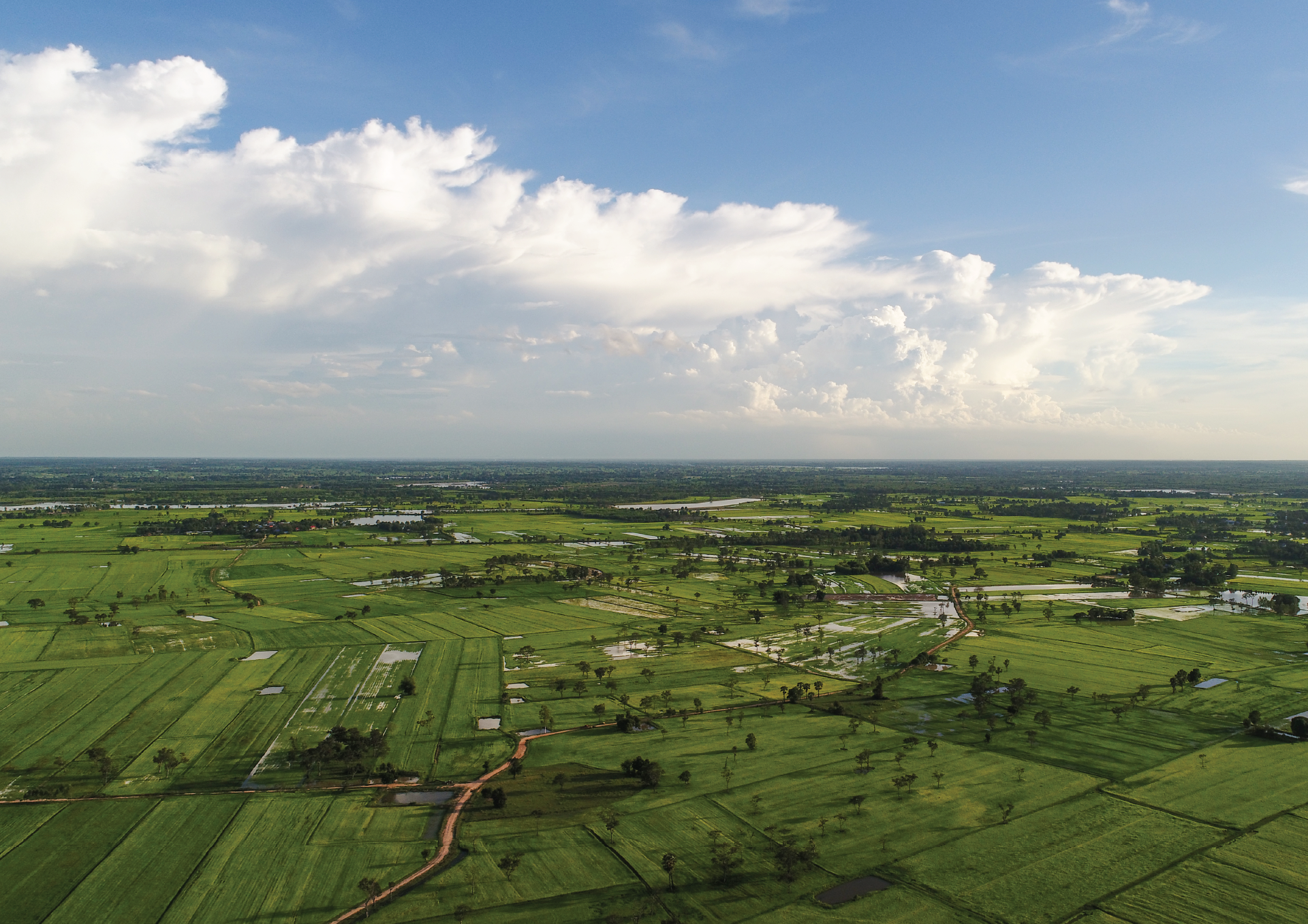Developments on Section 25, Expropriation Without Compensation, and Land Reform

The Latest News on Expropriation Without Compensation and Land Reform in South Africa
On 7 December 2021, the constitutional amendment for expropriation without compensation was defeated in parliament by 204 votes to 145. The two-thirds majority required was 267 votes. The bill proposed an amendment to Section 25 of the Constitution (which enshrines the right to property), allowing for expropriation of land without compensation. (Read our original article about the Expropriation Bill for extra background.)
The result is an impasse on a finely balanced scale. On one side is the dire need for land reform and addressing apartheid crimes that systematically dispossessed black South Africans of land. On the other is the preservation of property rights as they exist within Section 25 (and what they mean to investor confidence, property ownership, and the economy. This is against the backdrop of economic hardship and deepened social inequalities that follow in the wake of COVID-19 and its effects). The vote earlier this month has since seen an eruption of name-calling and entrenched divisions between parties around this contentious issue.
While the need for land reform remains a constant, parties are divided on clear lines. The DA has rejected any amendment allowing for expropriation of land without compensation from the process’s initial stages in February 2018. The EFF, on the other hand, is opposed to the form of land reform being proposed – hence their vote against the constitutional amendment at the beginning of the month. Julius Malema has stated that the party would not stand by an amendment that did not place all land in state custodianship.
In the meantime, the ANC continues to forge its way forward with policies around sanctioned land reform, security of tenure, and land redistribution. This system has been slammed for being under-resourced, undercut by corruption, and slow to progress in the face of litigation and constitutional scrutiny. In a communique issued by the ANC prior to the vote on Section 25, the party said they would continue with their efforts no matter the outcome of the vote ‘through policy, programme and further draft legislation that will be brought before Parliament.’ How will their policies be achieved and what are the effects of expropriation without compensation?
How Does Land Expropriation Without Compensation Affect the Economy?
Policy uncertainty is a factor influencing investor confidence and a rising cost of capital in South Africa. As a result, weak economic growth has seen a rise in unemployment and inequality – which is being acutely felt as the country navigates the COVID-19 landscape. In the same vein, uncertainty around property rights and the ensuing hesitation around investment and property improvements are predicted consequences, as is raised inflation off the back of increased market risk. As we are yet unsure of what form the final policies will take, these are but a handful of consequences of expropriation without compensation on the economy.

How Does Land Expropriation Without Compensation Affect Banks?
According to the Banking Association of South Africa (BASA), early opinion on the question has led commentators to believe that bondholders would remain liable for their debt even where the property has been expropriated without compensation. In their submission to parliament on the Constitutional Amendment Bill, they put forward the importance of banking on economic growth and the damaging effect of ‘just and equitable’ compensation that falls below the market value of property. In their submissions, they also raised the fact that expropriation without compensation has resulted in decreased agricultural investment – resulting in concerns for food security and the future of investment. They also raised concerns around capital and liquidity for credit and the knock-on effect this has on the nation, calling for careful judicial oversight over the process.
Expropriation and Property Rights
With the above in mind, it’s important to remember that Cyril Ramaphosa’s proposed expropriation without compensation policies are aimed at unused or abandoned land, speculative land holdings, land that is a health and safety risk, and state-owned land. Policy is not directed at existing property owners and private landowners. Additionally, he has asserted that the policy aims to preserve food security, investor confidence, and economic growth through the measures ultimately put in place.
What does December’s vote mean for the process? This vote doesn’t mean the end of the ANC’s pursuit of expropriation without compensation. “Changing the Constitution was just one instrument we could have used,” according to Justice Minister Ronald Lamola. “We will now use our simple majority to pass laws that will allow for expropriation without compensation.”
The primary law in question is the Expropriation Bill, the latest version of which was tabled in 2020. Two other proposed property laws on this front include a Land Distribution Act and a Communal Land Rights Act. It is expected that getting these laws passed through the parliamentary process will be the leading party’s primary focus following the vote.
The Achievement of Meaningful Land Reform In South Africa
There is no question that land reform is necessary to address injustices of the past. However, the prevailing concern remains corruption around this process. Professor Ruth Hall, speaking to Property24, voiced concerns over how expropriated land would be allocated. While in support of new laws on this point, she posits that these need to be underpinned by strict transparency and accountability to make them democratic and to truly address the needs of society on this point.
The DA’s Noko Masipa put forward the main obstacles to meaningful land reform following the vote this December. These include corruption, the support of the land reform process by financing bodies – particularly for emerging farmers and agriculture – and biosecurity for small-scale agriculture.
Talk to the Property Specialists at Property.CoZa
“There is no certainty around if and when the final law will be put in place – or what this final law will look like. However, at Property.CoZa, we join many fellow South Africans in calling for an approach that best follows the rule of law to achieve just and equitable land reform in South Africa,” says Sandy Walsh, MD Property.CoZa South Africa. “We view the continued confidence from the banks as an encouraging sign of stable lending and property security into the future and we remain committed to reporting property alerts to you on any significant changes within the industry as they develop.”
If you have any property-related questions or are looking to buy or sell a property, Property.CoZa is the perfect place to find an agent, find an agency, or explore property for sale, property to let, and property to rent. If you are shopping the property market, we also have handy tools like an online affordability calculator and bond calculator for key insights that will guide you as you buy your first or next property.





